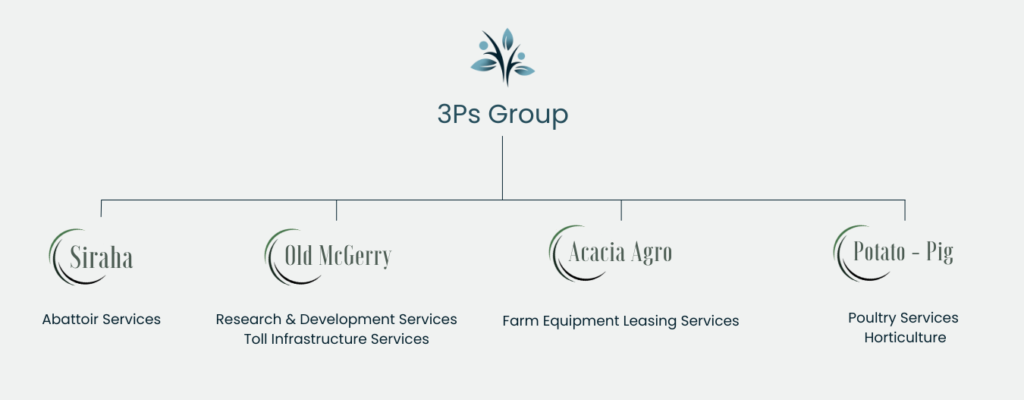Sustainable Agriculture For Africa
Sustainable Agriculture For Africa
Sustainable Agriculture For Africa
About Us
The Purpose-People-Planet Group (3PG)
The Purpose-People-Planet Group (3PG) is a UK domiciled company which is focused on agribusiness services within Sub-Saharan Africa.
Our mission is to facilitate shared wealth creation and socioeconomic development through sustainable yet efficient agricultural practices. 3PG predominantly focuses on cattle and poultry value chains – with a core purpose of linking local small holder farmers to mainstream value chains.
We offer end-to-end cattle and poultry agriculture services which include; Research and Development, Toll feeding, Pasture and Feed Management, Toll Slaughtering, Processing and Packaging, Storage and Sales. In addition, we host community outreach programmes and train local farmers on environment-friendly farming practises.
Our PURPOSE-led approach is intended to generate socio-economic impact for the PEOPLE of Sub-Saharan Africa through sustainable means that preserve our PLANET.
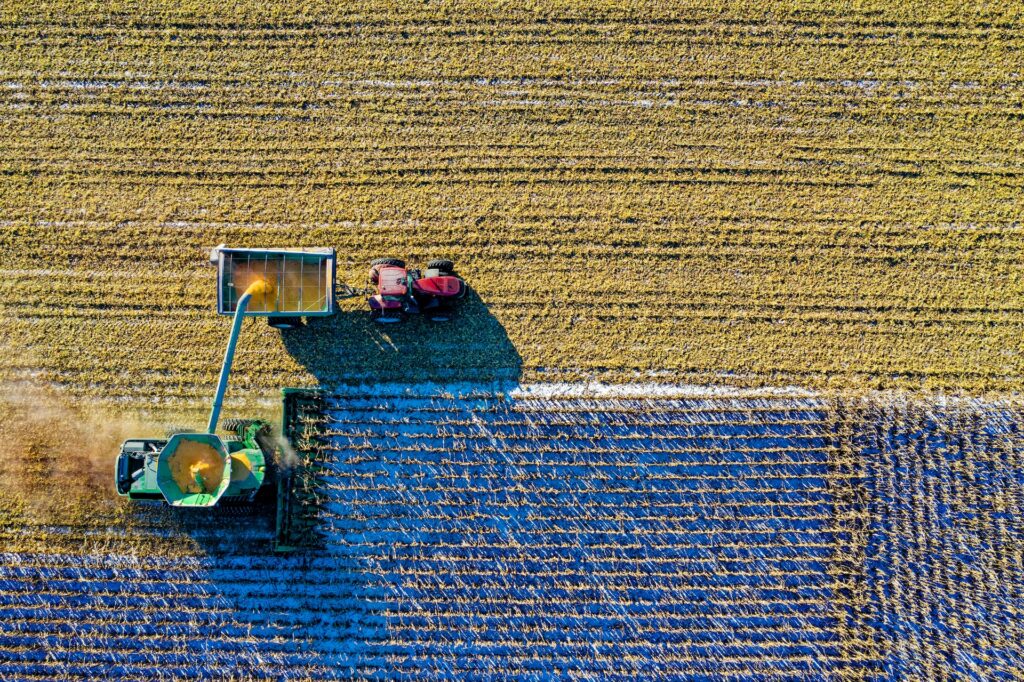
3PG Structure
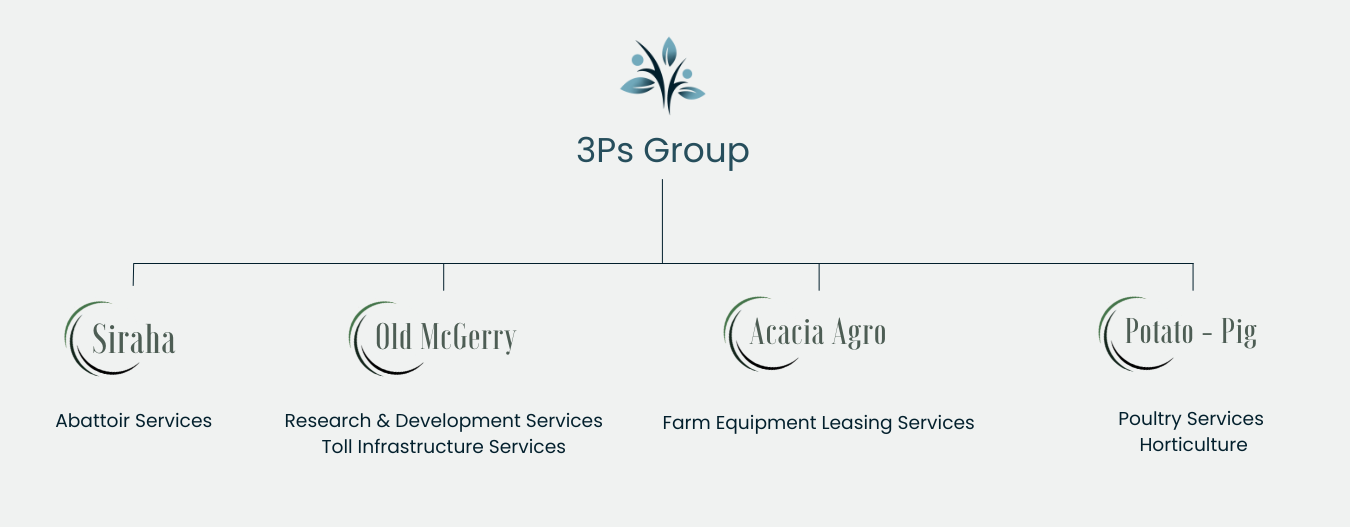
About Us
The Purpose-People-Planet Group (3PG)
The Purpose-People-Planet Group (3PG) is a UK domiciled company which is focused on agribusiness services within Sub-Saharan Africa.
Our mission is to facilitate shared wealth creation and socioeconomic development through sustainable yet efficient agricultural practices. 3PG predominantly focuses on cattle and poultry value chains – with a core purpose of linking local small holder farmers to mainstream value chains.
We offer end-to-end cattle and poultry agriculture services which include; Research and Development, Toll feeding, Pasture and Feed Management, Toll Slaughtering, Processing and Packaging, Storage and Sales. In addition, we host community outreach programmes and train local farmers on environment-friendly farming practises.
Our PURPOSE-led approach is intended to generate socio-economic impact for the PEOPLE of Sub-Saharan Africa through sustainable means that preserve our PLANET.
3PG Structure
3PG In Numbers
Our Services
We offer end-to-end services to local cattle and chicken farmers in Sub-Saharan Africa. Our objective as an aggregator is to provide tools, skills and services that are pre-requisite for efficient and sustainable farming. We support and empower small-holder farmers with their Infrastructure, Farming Equipment, Knowledge and Capital needs.
Our services include

Research and Development
- Artificial Insemination
- Embryo Transfer
- Green Agricultural Practises

Toll Infrastructure
- Toll Cattle Feeding (Beef and Dairy)
- Toll Chicken and Cattle Slaughter, Processing, Packaging, Cold Storage and Sales
- Marketplace Services – Farm Auctions

Farm Equipment Leasing
- Tractor and Hay Balers
- Trucks – 30Tonnes, 20Tonnes and 5 Tonnes
- Cold Chain Trucks

Knowledge Transfer
- Pasture Management Advisory
- Carbon Credits Advisory
- Green Energy Advisory

Capital Raising
- Agribusiness Models Advisory
- Capital Raising Support
Our Green Agriculture Approach
We intend to be a leader in be a in sustainable livestock production methods and practices across Sub-Saharan Africa. Our strategic intent is to contribute to the implementation of United Nations Sustainable Development Goals (SDGs) through partnerships with corporates, government agencies, non-profit organisations and local farming communities
Key SDGs Targeted:

Goal 1: No Poverty – This goal aims to end poverty. 3PG does not seek to provide charity, but to unlock human potential through the provision of training and empowering individuals in farming communities through practical knowledge that can be applied to daily farming activities.
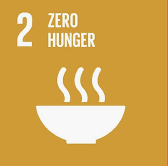
Goal 2 : Zero Hunger – This goal aims to end hunger and malnutrition by promoting sustainable agriculture practices, including livestock production. We aim to contribute to achieving this goal by adopting sustainable and efficient farming practices that increase food production and reduce food waste
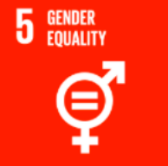
Goal 5: Gender Equality – This goal promotes women and girls by encouraging their economic and social empowerment. We aim contribute to this goal through employment, training and development of women and girls in Agriculture – all our programs incorporate at least 60% women and girls.

Goal 10: Reduced Inequalities – This goal aims to end financial and social discrimination. In order for nations to flourish, equality and prosperity must be available to everyone – regardless of gender, race, religious beliefs or economic status. When every individual is self sufficient, the entire world prospers.
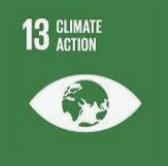
Goal 13: Climate Action – This goal aims to combat climate change and its impacts by reducing greenhouse gas emissions and promoting sustainable land use practices. Livestock production is known to be a significant contributor to greenhouse gas emissions, and we aim to contribute to this goal by adopting sustainable farming practices that reduce our carbon footprint.
Our Green Agriculture Approach
We intend to be a leader in be a in sustainable livestock production methods and practices across Sub-Saharan Africa. Our strategic intent is to contribute to the implementation of United Nations Sustainable Development Goals (SDGs) through partnerships with corporates, government agencies, non-profit organisations and local farming communities
Key SDGs Targeted:

Goal 1: No Poverty – This goal aims to end poverty. 3PG does not seek to provide charity, but to unlock human potential through the provision of training and empowering individuals in farming communities through practical knowledge that can be applied to daily farming activities.

Goal 2 : Zero Hunger – This goal aims to end hunger and malnutrition by promoting sustainable agriculture practices, including livestock production. We aim to contribute to achieving this goal by adopting sustainable and efficient farming practices that increase food production and reduce food waste

Goal 5: Gender Equality – This goal promotes women and girls by encouraging their economic and social empowerment. We aim contribute to this goal through employment, training and development of women and girls in Agriculture – all our programs incorporate at least 60% women and girls.

Goal 10: Reduced Inequalities – This goal aims to end financial and social discrimination. In order for nations to flourish, equality and prosperity must be available to everyone – regardless of gender, race, religious beliefs or economic status. When every individual is self sufficient, the entire world prospers.

Goal 13: Climate Action – This goal aims to combat climate change and its impacts by reducing greenhouse gas emissions and promoting sustainable land use practices. Livestock production is known to be a significant contributor to greenhouse gas emissions, and we aim to contribute to this goal by adopting sustainable farming practices that reduce our carbon footprint.
Our 7 Regenerative Cattle Production Practices

Rotational grazing: We implement rotational grazing which involves dividing pastures into smaller sections and rotating cattle through them. This helps to prevent overgrazing and promotes healthy soil and grass growth, which in turn benefits the environment

Cover crops: We plant cover crops such as legumes and grasses between grazing seasons to help maintain soil health and reduce soil erosion. They also provide additional food sources for cattle.

Manure: Manure is a valuable fertilizer, but it can also contribute to water pollution if not managed properly. We implement manure management plans which help to reduce pollution and improve soil health.

Sustainable feed sources: The type of feed given to cattle can have a significant impact on the environment. We use sustainable feed sources such as grass or hay that reduce the environmental impact of beef production.

Water usage: Beef production requires a significant amount of water. By implementing water conservation practices such as using low-flow watering systems and implementing rainwater harvesting we help to reduce water usage and improve efficiency.

Alternative energy sources: We use renewable energy sources such as solar power in order to reduce the environmental impact of beef production

Regenerative practices: We utilise regenerative agriculture practices such as no-till farming, diverse crop rotation, and the use of cover crops to help to rebuild soil health and reduce the impact of beef production on the environment.
Our 7 Regenerative Cattle Production Practices

Rotational Grazing
We implement rotational grazing which involves dividing pastures into smaller sections and rotating cattle through them. This helps to prevent overgrazing and promotes healthy soil and grass growth, which in turn benefits the environment

Cover Crops
We plant cover crops such as legumes and grasses between grazing seasons to help maintain soil health and reduce soil erosion. They also provide additional food sources for cattle.

Manure
Manure is a valuable fertilizer, but it can also contribute to water pollution if not managed properly. We implement manure management plans which help to reduce pollution and improve soil health.

Sustainable Feed Sources
The type of feed given to cattle can have a significant impact on the environment. We use sustainable feed sources such as grass or hay that reduce the environmental impact of beef production.

Water Usage
Beef production requires a significant amount of water. By implementing water conservation practices such as using low-flow watering systems and implementing rainwater harvesting we help to reduce water usage and improve efficiency.

Alternative Energy Sources
We use renewable energy sources such as solar power in order to reduce the environmental impact of beef production

Regenerative Practices
We utilise regenerative agriculture practices such as no-till farming, diverse crop rotation, and the use of cover crops to help to rebuild soil health and reduce the impact of beef production on the environment.
Reach Us
United Kingdom
- +44 7500 350044
- 71-75 Shelton Street,Covent Garden, London, WC2H 9JQ
South Africa
- +27 66 100 0925
- 22 Mac-Mac Road Waterfall Office Park, Midrand, 1685
Zimbabwe
- +263 71 687 7899
- 16 Palmer Road, Milton Park, Harare
- enquiries@3PG.org
United Kingdom
- +44 7500 350044
- 71-75 Shelton Street, Covent Garden, London, WC2H 9JQ
South Africa
- +27 66 100 0925
- 22 Mac-Mac Road Waterfall Office Park, Midrand, 1685
Zimbabwe
- +263 71 687 7899
- 16 Palmer Road, Milton Park, Harare
- enquiries@3PG.org

